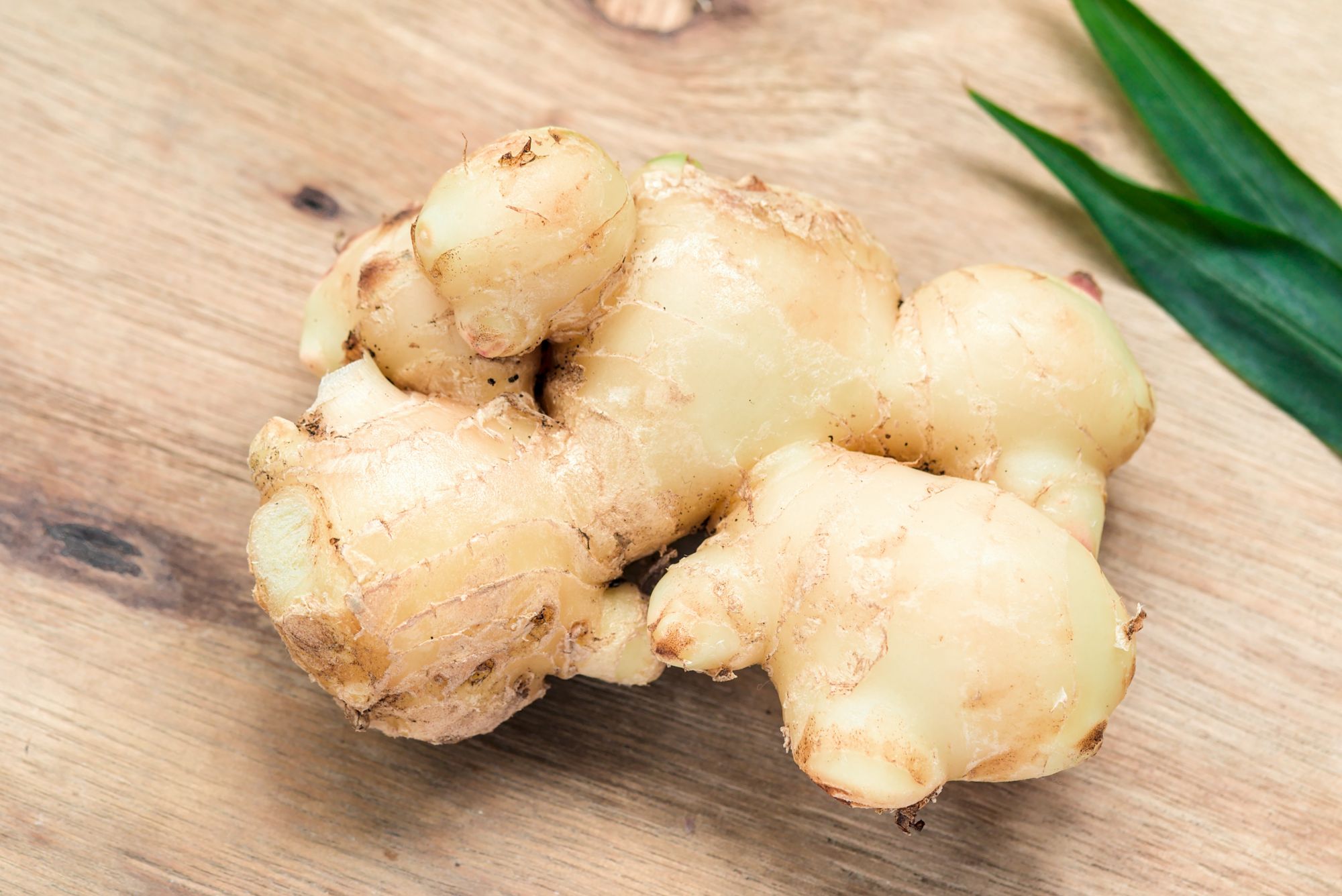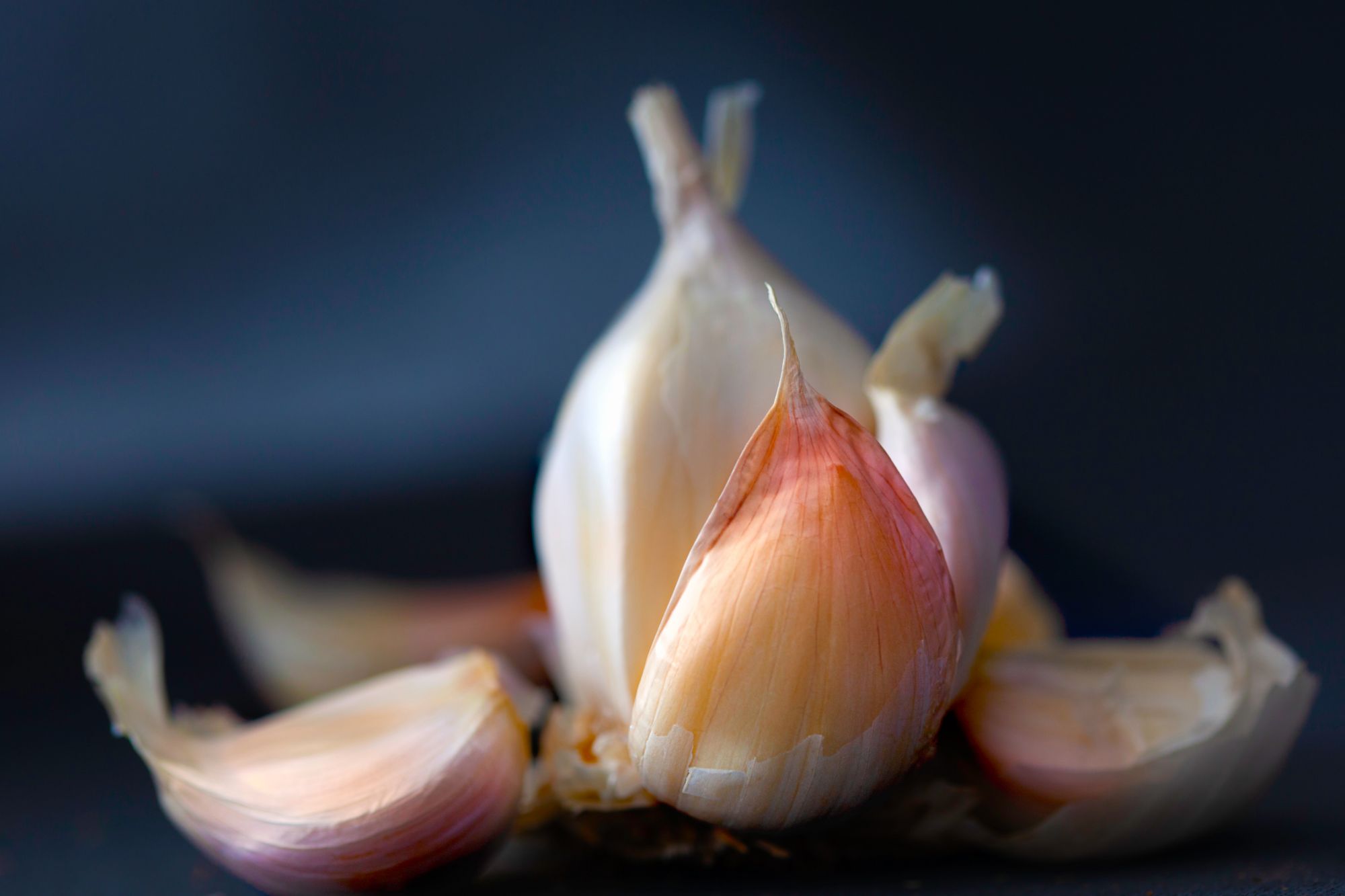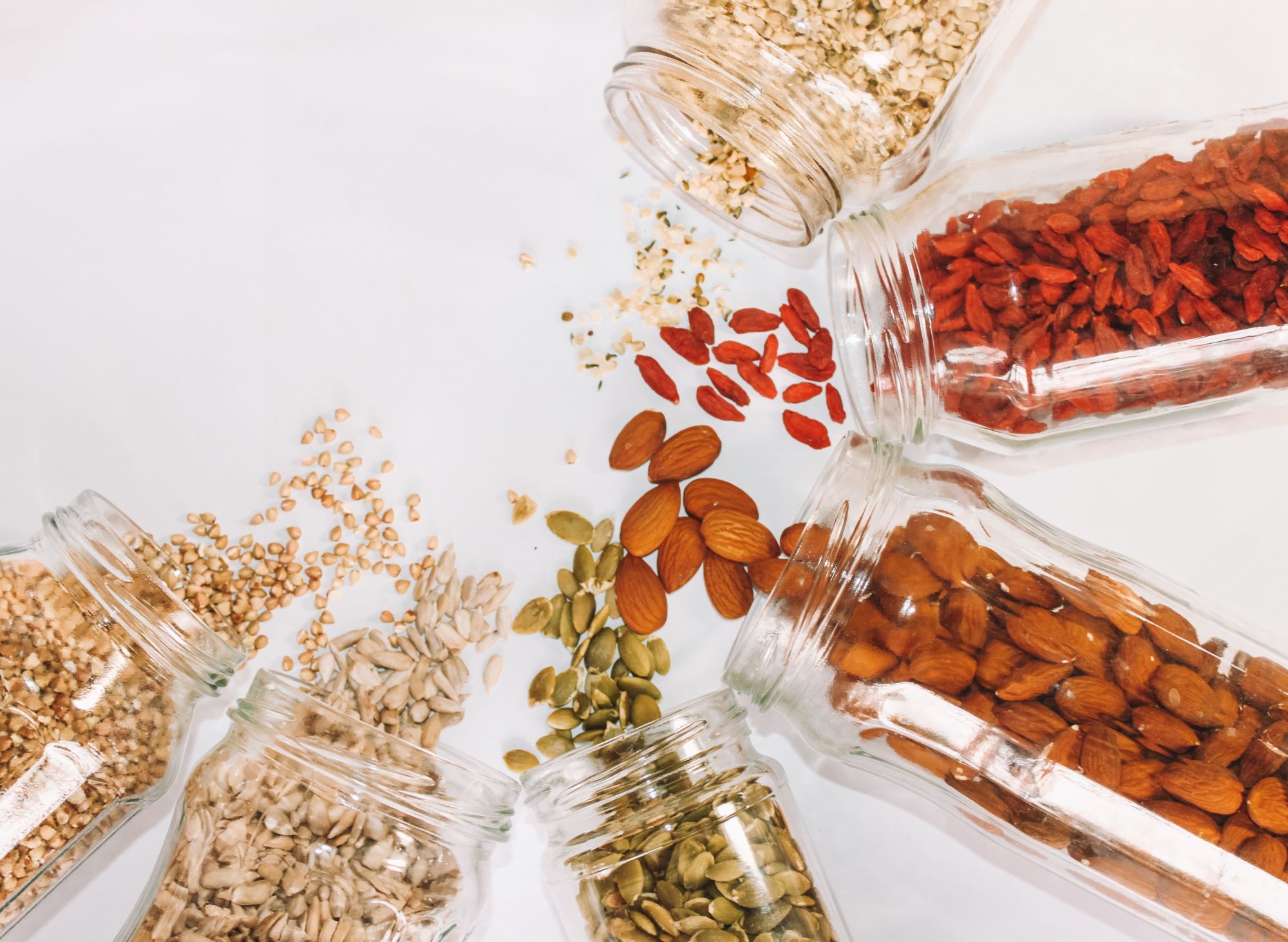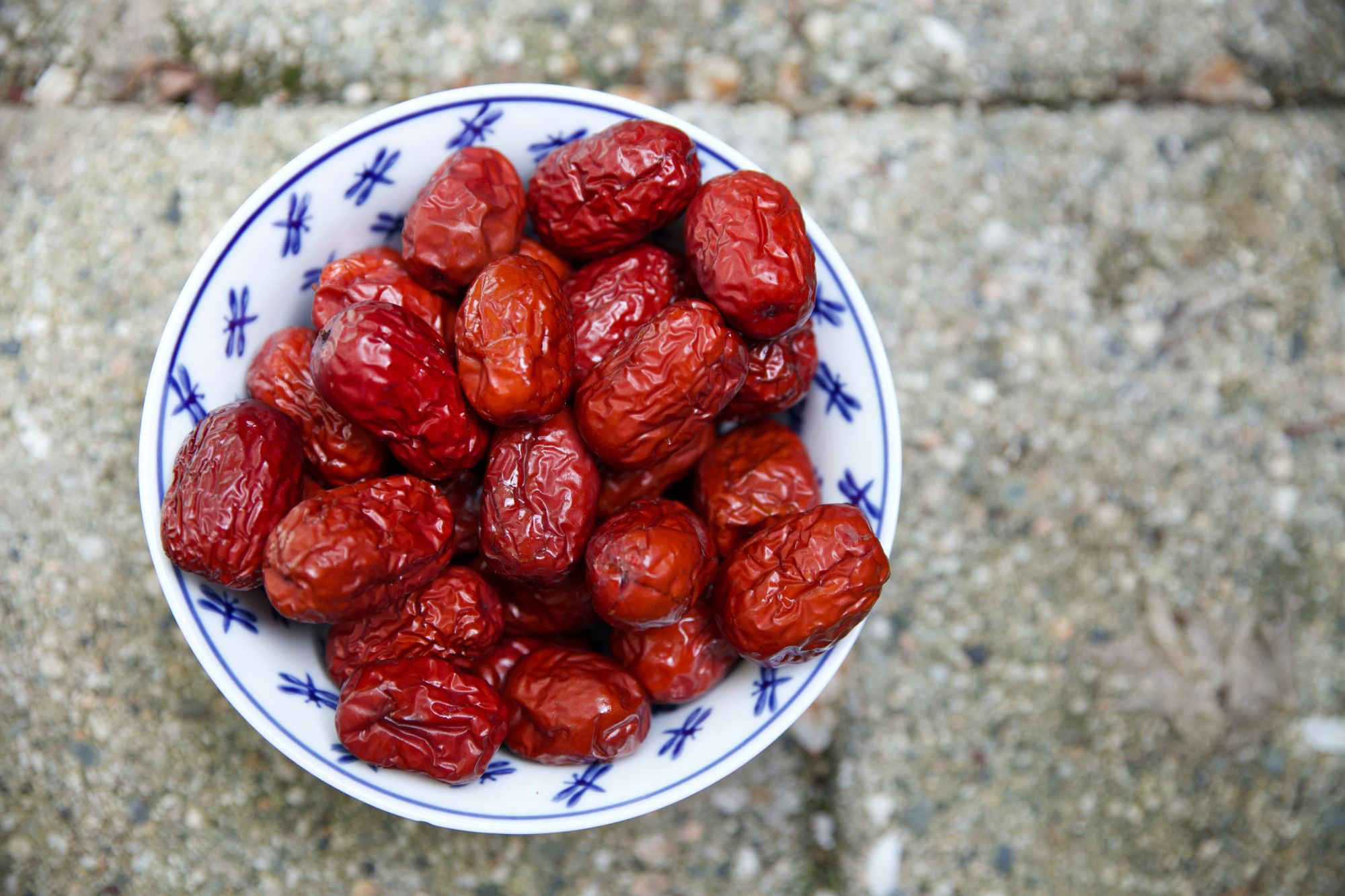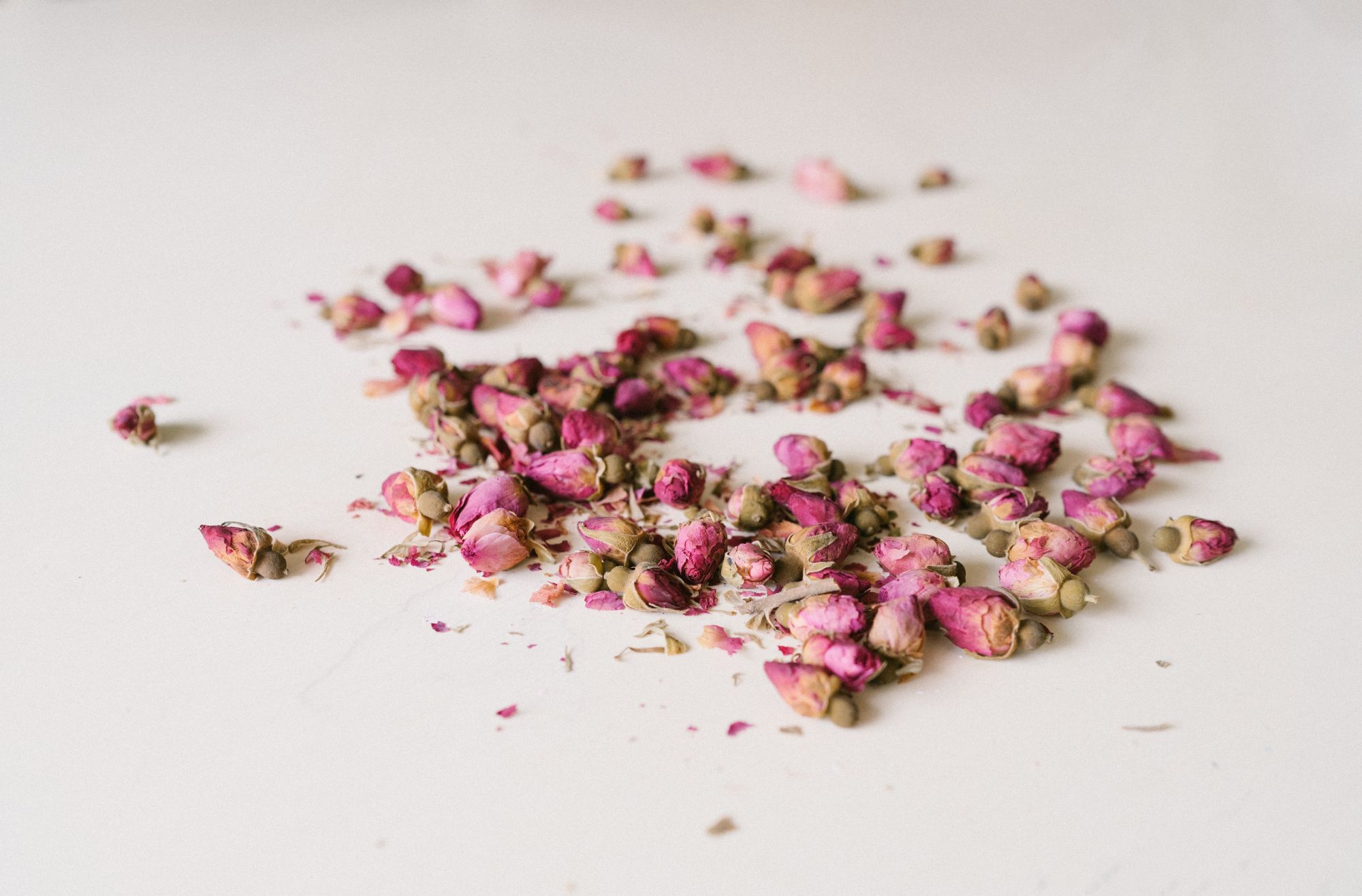Whether you’re trying to fight the flu or build up your immunity, these commonly used ingredients in Traditional Chinese Medicine will help keep you feeling at your best
Traditional Chinese Medicine has been making its way back into the mainstream with the popularisation of more natural methods of achieving health and wellness. In Chinese medicine, Qi is the vital energy that helps regulate the body and keeps it functioning normally. Any disruptions in the Qi are primarily seen as the source of physical and mental health issues including common ailments like the flu, fever, cough, depression and anxiety.
We spoke to two Traditional Chinese Medicine practitioners: Gianna Buonocore from Integrated Medicine Institute and Cecilia Cheung from Health Wise, for advice on which herbs to add to your diet to help boost your immune system and improve your general wellbeing.
Astragalus Root
The most commonly suggested ingredient by the two experts to help boost your immunity is the Astragalus Root, also known as Huang Qi in Chinese. The root is a principle herb used in Traditional Chinese Medicine for increasing an individual’s vitality and helps promote immune boosting compounds. Astragalus Root is typically combined with Atractylodes Rhizome (Bai Zhu) and Ledebouriella Root (Feng Feng) to create a health soup. Cecilia Cheung describes soup as “building a defensive wall to protect your body” from cold and flu and it is generally good for everyone at all stages of life.
See also: Urban Escapes: Where To Find The Cleanest Air In Asia
Fresh Ginger
